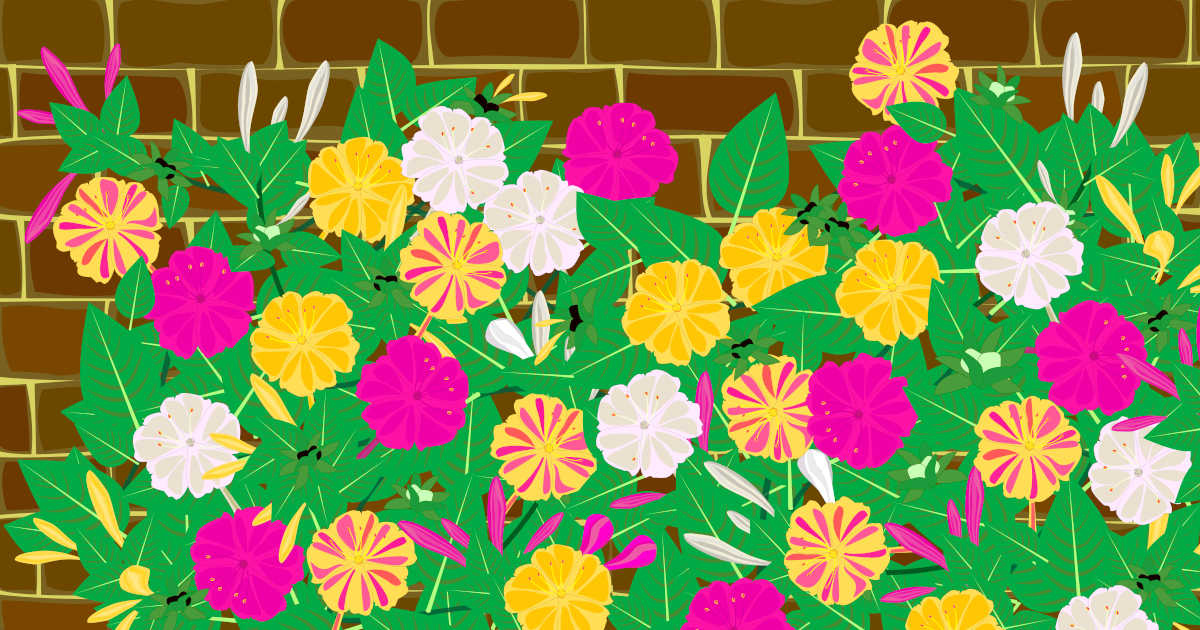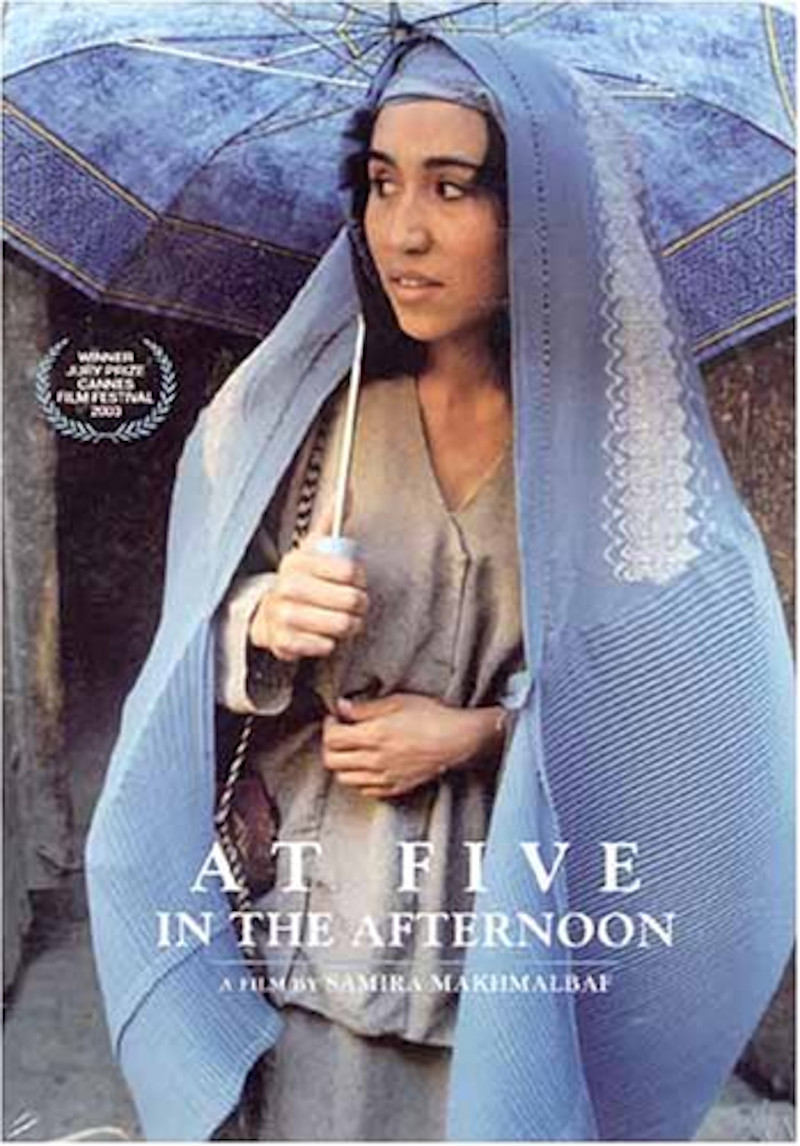"At Five In The Afternoon" is the second film of Samireh Makhmalbaf that I watched.I do not have much theoretical ideas about the inception of New Iranian Cinema and the ways paths they are following, Earlier I have seen "The Blackboard" by the same director, and a couple of films by her father, Mohsen Makhlambaf, including "Once Upon A Time Cinema".I must say it was quite an experience watching the film, which evolves in the backdrop of Afghanistan in the post Taliban regime . Devastation rules ; poverty, hunger and helplessness looms large.Nogreh is a young girl in her twenties, whom her father sends to an institution which feeds young women on conservative theories of ideal womanhood. She skips this school using the back door, brings out a pair of ballerina hidden in her bag and goes to a different school for girls which runs on more progressive ideas. In a class discussion, instead of choosing professions like doctor, engineer or teacher,Nogreh chooses to become the President of Afghanistan in future. From then on, her prime thoughts revolve around this idea, and as if to nurture her infant dream, a young poet appears in her otherwise mundane and drudgery filled life. While Nogreh moves around with her family from place to place for a shelter, in her search of water and food and her father's search for his lost son, amidst the desperate helplessness of her brother's wife to save her baby, the young poet appears in her life time and again - almost as a symbol of the impossible that she dared to think of, or perhaps, dream of.There are a few strong imageries in the film. The top shot which shows the young girls in their blue burkhas and with blue umbrellas leaving school reminded me of the waves of the sea, gradually engulfing the barren land. The blue clad figures move from bottom of the screen towards the top, not recognizable individually, but together, forming an invincible force.
In another scene towards the end of the film, Nogreh's family burn off their sole possession, the horse drawn cart, for fire and warmth in a cold night. As the cart burns , the family goes around it, almost like some primitive ritual.I also liked the sequence, where Nogreh and the young poet has a conversation with a French soldier about her being the future President of the state. It is the only scene in the film which is a breather.The name of the film is a line from a Mexican poem the young poet gives Nogreh to read. The title apparently is difficult to associate with the film, as the poem has been referred only once in the dialogs, and if you miss it, it will be difficult later to understand. The film begins and ends with Nogreh practising the poem while continuing through the drudgery of life.It becomes the only string to which her hopes and aspirations for a new life clings to.
I found this interview of Samireh Makhmalbaf, discussing the film. There are some interesting facts about the film here:http://www.moviemail-online.co.uk/scripts/media_view.pl?id=129&type=ArticlesOk :) I found the poem also. It is by Federico Garcia Lorca. Find it here:http://www.boppin.com/lorca/lament.html

